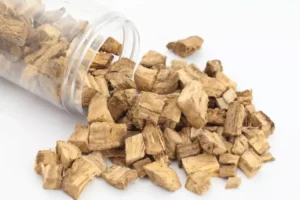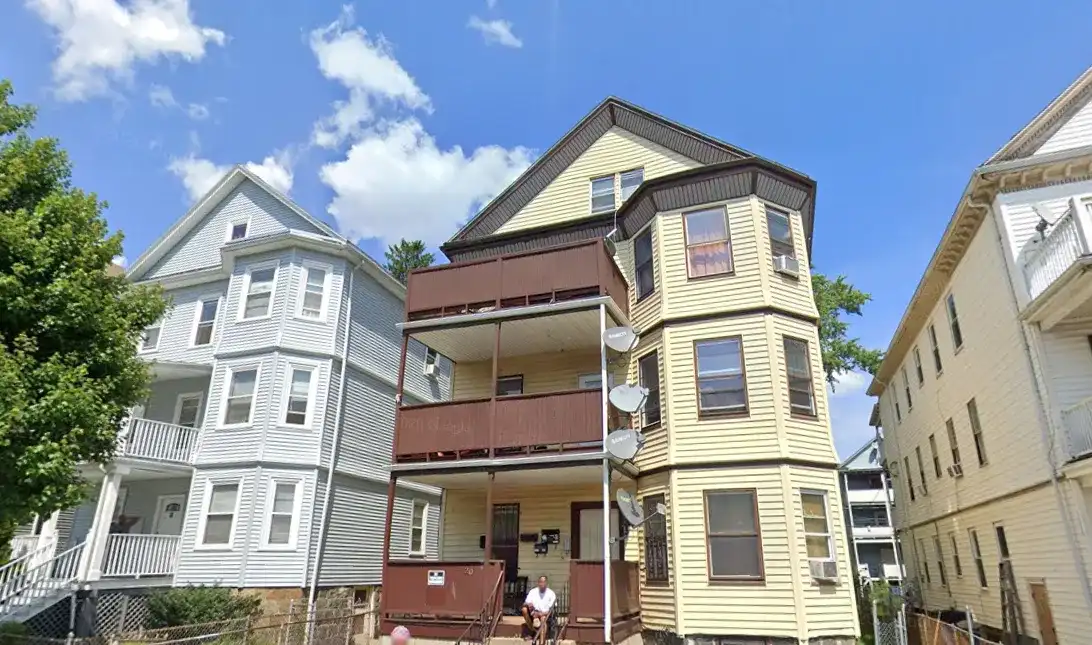Alcohol Use Disorder: What to Expect When You Quit Drinking

You may not need to completely reinvent your life to quit drinking, but making a few changes in your surroundings to help avoid alcohol triggers can make a big difference. These physiological changes contribute to the increasing tolerance seen in early-stage alcoholics. Despite heavy alcohol consumption, they may show few signs of intoxication or ill effects from drinking, such as a hangover.

Help for Alcoholics: Where to Find Sobriety Resources
Make a note about how you feel physically and mentally on these days—recognizing the benefits may help you to cut down for good. Write your drinking goal down and keep it where you will frequently see it, such as on your phone or taped to your refrigerator. Distance yourself from people who don’t support your efforts to stop drinking or respect the limits you’ve set.
Why Overcoming Addiction Is So Difficult
And as tolerance builds, they’ll begin to drink more and more to achieve the same buzz or high they’re used to. The early or adaptive stage of alcoholism marks the beginning of an alcoholic’s struggle with addiction. At this point, drinking is no longer just a casual social activity — it’s become a daily habit that may be used to cope with stress, anxiety or other emotional problems. While every person’s alcohol addiction is unique, alcohol affects people in similar ways.

National Institute on Alcohol Abuse and Alcoholism (NIAAA)
A person typically begins by attending their first AA meeting and being introduced to newcomer information (including information on the 12 steps). Express your concerns in a caring way and encourage your friend or family member to get help. Try to remain neutral and don’t argue, lecture, accuse, or threaten.
Almost every community in the United States has communityinitiatives, support group meetings and some form of help for alcoholics. Anyone experiencing problems with alcohol can benefit from counseling and therapy. A counselor can help you develop personalizedstrategies to get sober. Counseling can be simple or intensive depending on the severity of your drinking problems. In addition to the sober individuals, many people among the remaining two-thirds are also drinking less and experiencing fewer alcohol-related health problems after one year. To assess a person’s withdrawal symptoms and recommend treatments, doctors often use a scale called the Clinical Institute for Withdrawal Assessment for Alcohol.
However, if you are feeling depressed or find yourself constantly wanting to return to the addictive behavior, you should seek support and treatment. Around 40% to 60% of people working to overcome a substance use disorder will relapse at some point. However, it is important to recognize that this rate is comparable to relapse rates for other chronic health conditions such as hypertension and asthma. There are many different treatments that can help you during the process of overcoming an addiction, including medical and psychological approaches. There is no one “right” type of addiction treatment, although some approaches are better supported by research than others.
Does relapse to drug use mean treatment has failed?
Behavioral therapies can help those struggling with alcohol abuse focus on avoiding old patterns and identify the root causes of addiction. You can decide how much help you need to quit drinking based on the results of the quiz. The Healthline FindCare tool can provide options in your area if you need help finding a mental health specialist.

Middle Recovery
Taking time to explore the specific people, places, and situations that cue your urge to drink can make a big difference. Coping tips can absolutely offer short-term solutions when you’re trying to cut back on alcohol. That said, permanently changing how to overcome alcoholism your relationship with alcohol may require a more in-depth approach. But in spite of your goals and no matter how committed you are to changing your habits around drinking, avoiding alcohol might prove a little more difficult than you expected.
Take some time to explore your relationship with alcohol
- Counselors may select from a menu of services that meet the specific medical, mental, social, occupational, family, and legal needs of their patients to help in their recovery.
- Lembke says this balancing see-saw of pleasure and pain made sense in the time of early humans, when we had to constantly search for our basic needs – food, water, shelter.
- When not drinking, you might begin to notice feelings of anxiety or other emotional distress, along with strong cravings for alcohol.
- Cirrhosis can cause a host of other health problems, including high blood pressure, which can lead to the development of enlarged veins in the esophagus called esophageal varices.
- Most people stop having withdrawal symptoms four to five days after their last drink.
- If people stop following their medical treatment plan, they are likely to relapse.
- It’s important to not enable destructive behaviors and to maintain appropriate boundaries if the person with the alcohol addiction is still drinking.
They can encourage you to stay sober and help you findother healthy ways to have fun. If you’re a long-term, heavy drinker, you may need medically supervised detoxification. Talk to your doctor or an addiction specialist to learn more.

While end-stage alcoholism is a dire situation, it’s not a hopeless one. Late-stage alcoholics can get better if they seek treatment, and some of their health problems can even be reversed if caught early enough. It’s common at this point for alcoholics to have lost their jobs as well their friends and family. Stopping is impossible at this point without professional help because of the severe and potentially life-threatening withdrawal symptoms that would occur if they quit cold turkey. You may have heard the myth that addiction is inescapable, but that’s not true. Additionally, we’ll help you understand why addictions are hard to overcome and how to plan for common problems that may pop up.
Leave a Reply
Want to join the discussion?Feel free to contribute!